When mundane objects such as cords, keys and cloths are fed into a live webcam, a machine-learning algorithm ‘sees’ brilliant colours and images such as seascapes and flowers instead. The London-based, Turkish-born visual artist Memo Akten applies algorithms to the webcam feed as a way to reflect on the technology and, by extension, on ourselves. Each instalment in his Learning to See series features a pre-trained deep-neural network ‘trying to make sense of what it sees, in context of what it’s seen before’. In Gloomy Sunday, the algorithm draws from tens of thousands of images scraped from the Google Arts Project, an extensive collection of super-high-resolution images of notable artworks. Set to the voice of the avant-garde singer Diamanda Galás, the resulting video has unexpected pathos, prompting reflection on how our minds construct images based on prior inputs, and not on precise recreations of the outside world.
A neural network that keeps seeing art where we see mundane objects
Video by Memo Akten
Music: Diamanda Galas – Gloomy Sunday
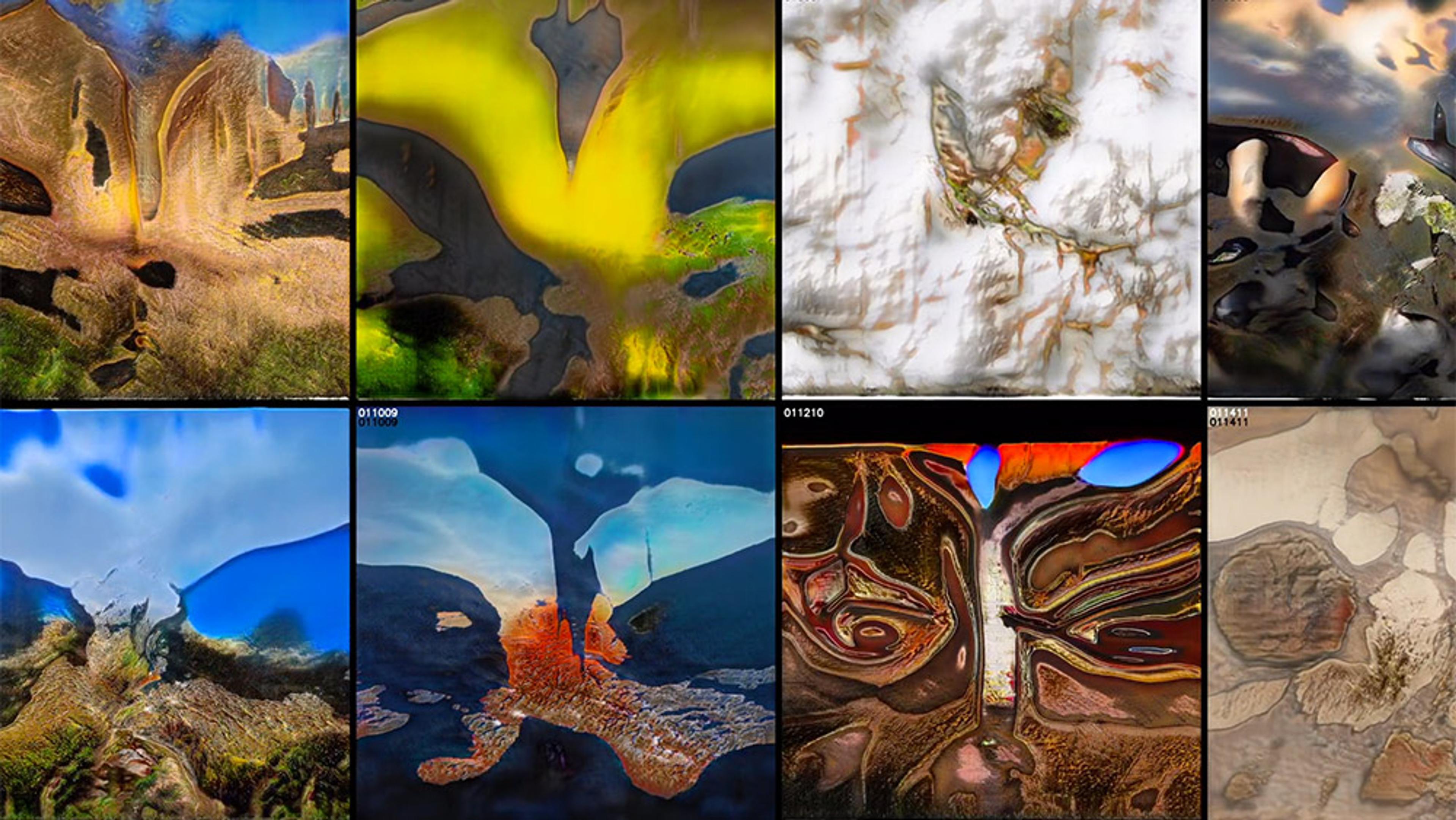
videoComputing and artificial intelligence
What do the terms ‘life’, ‘love’, ‘art’ and ‘god’ look like to an algorithm?
5 minutes
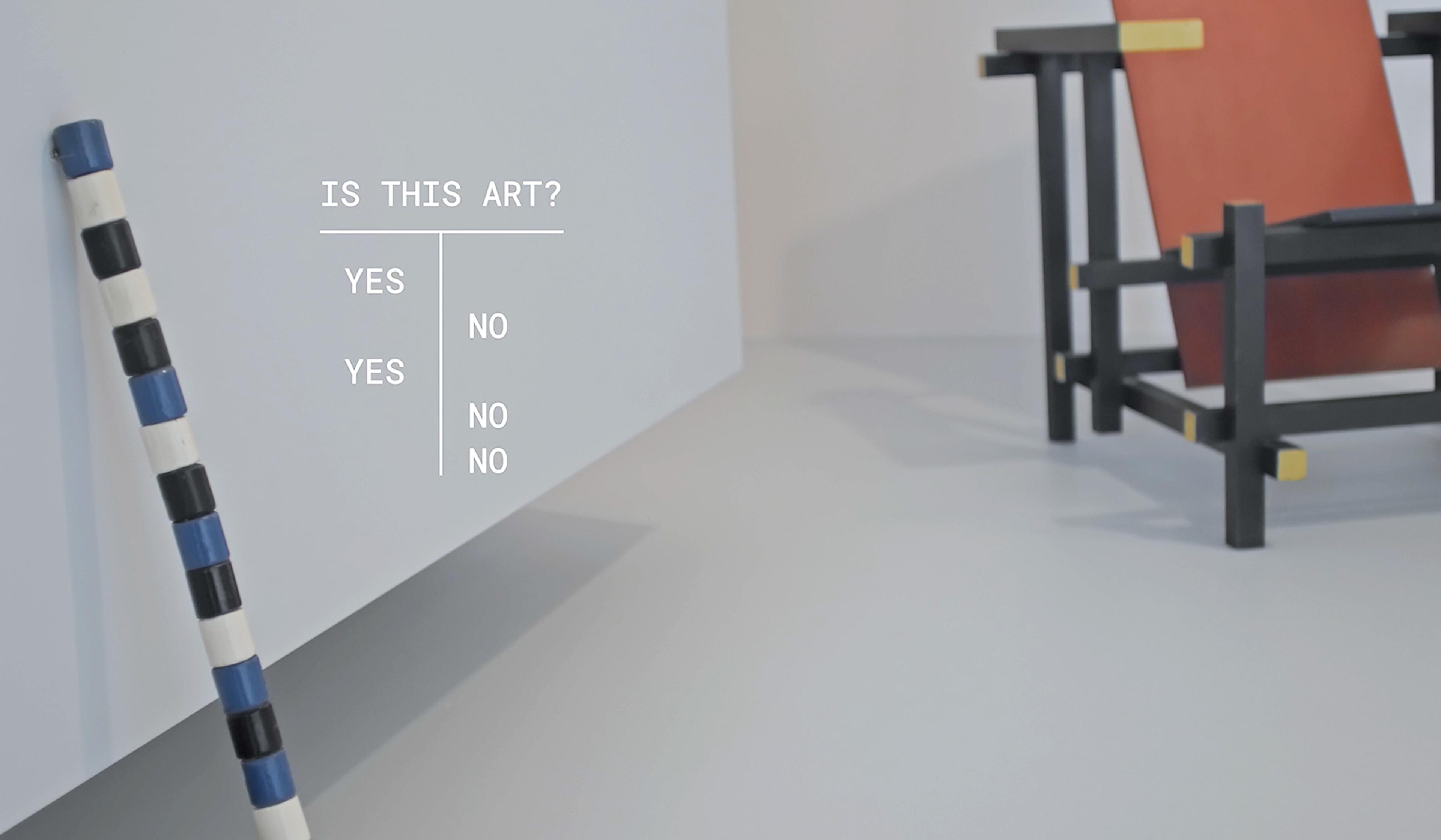
videoArt
What does an AI make of what it sees in a contemporary art museum?
15 minutes

videoComputing and artificial intelligence
Machine learning is important, but some AIs just want to have fun
57 minutes
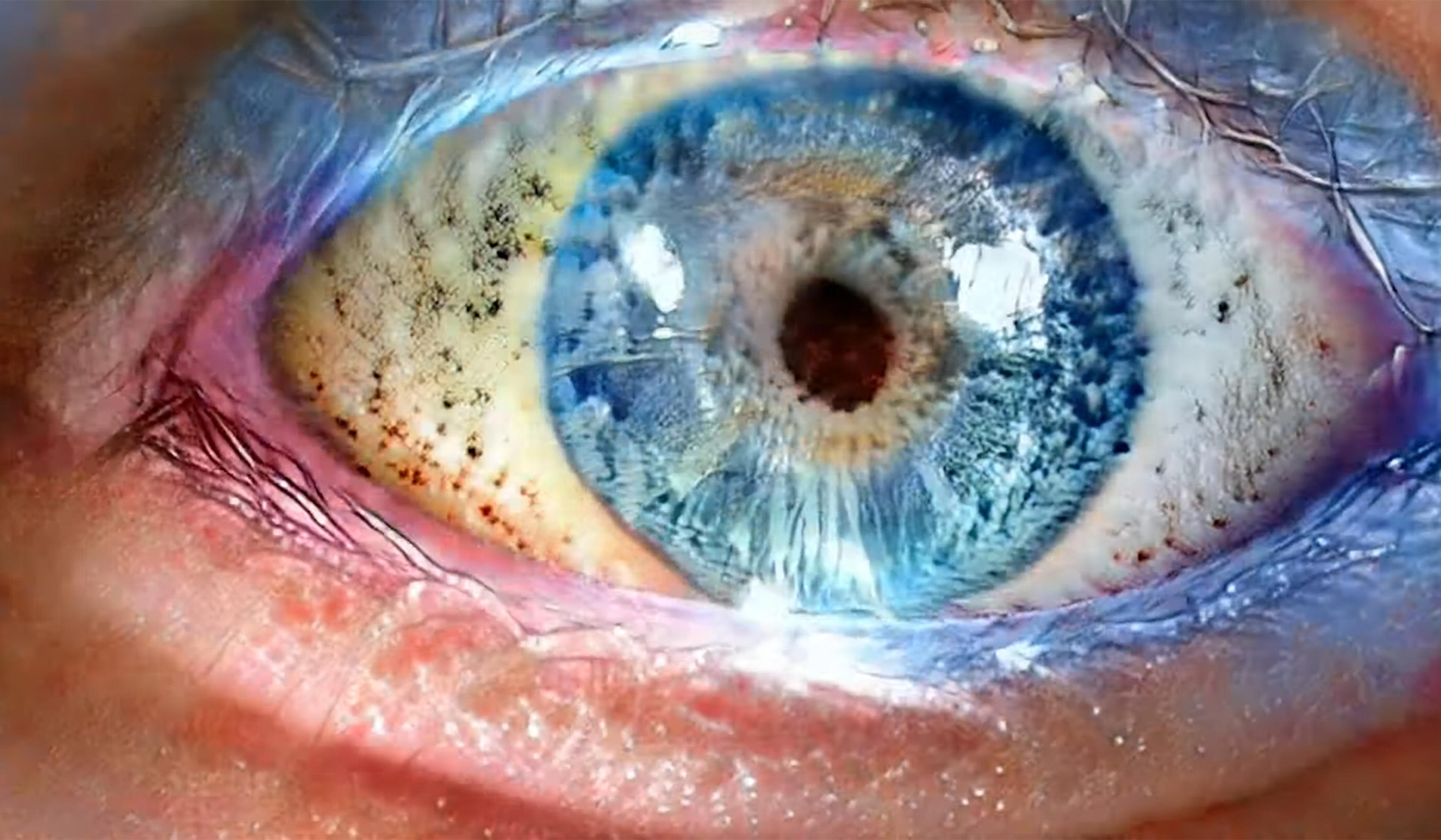
videoBiotechnology
The uncanny art inspired by evolution and generated by ‘crossbreeding’ images
5 minutes
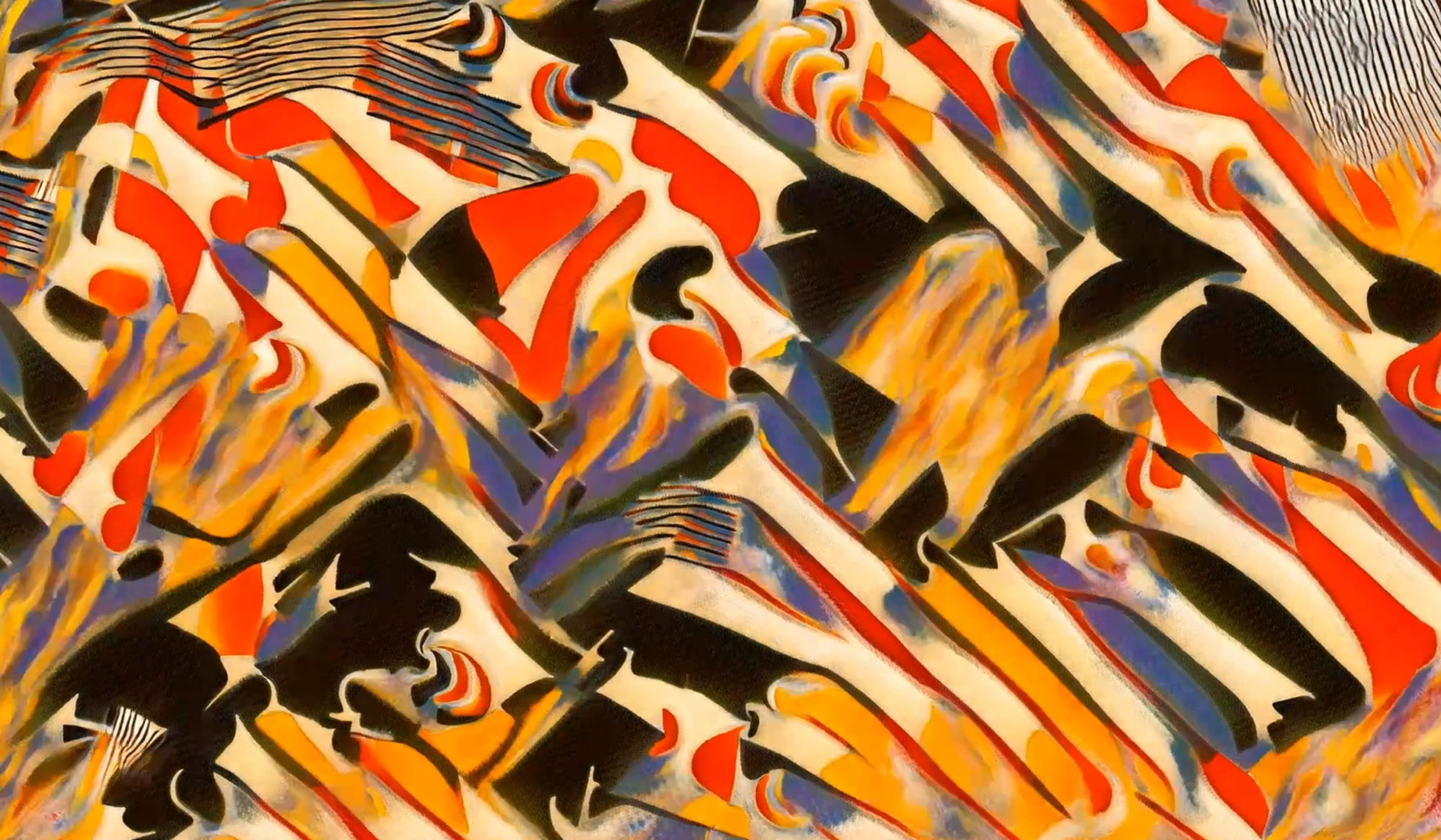
videoFilm and visual culture
With human help, AIs are generating a new aesthetics. The results are trippy
9 minutes

videoComputing and artificial intelligence
Who, exactly, authored this AI-generated spin on Alfred Hitchcock’s Vertigo?
5 minutes
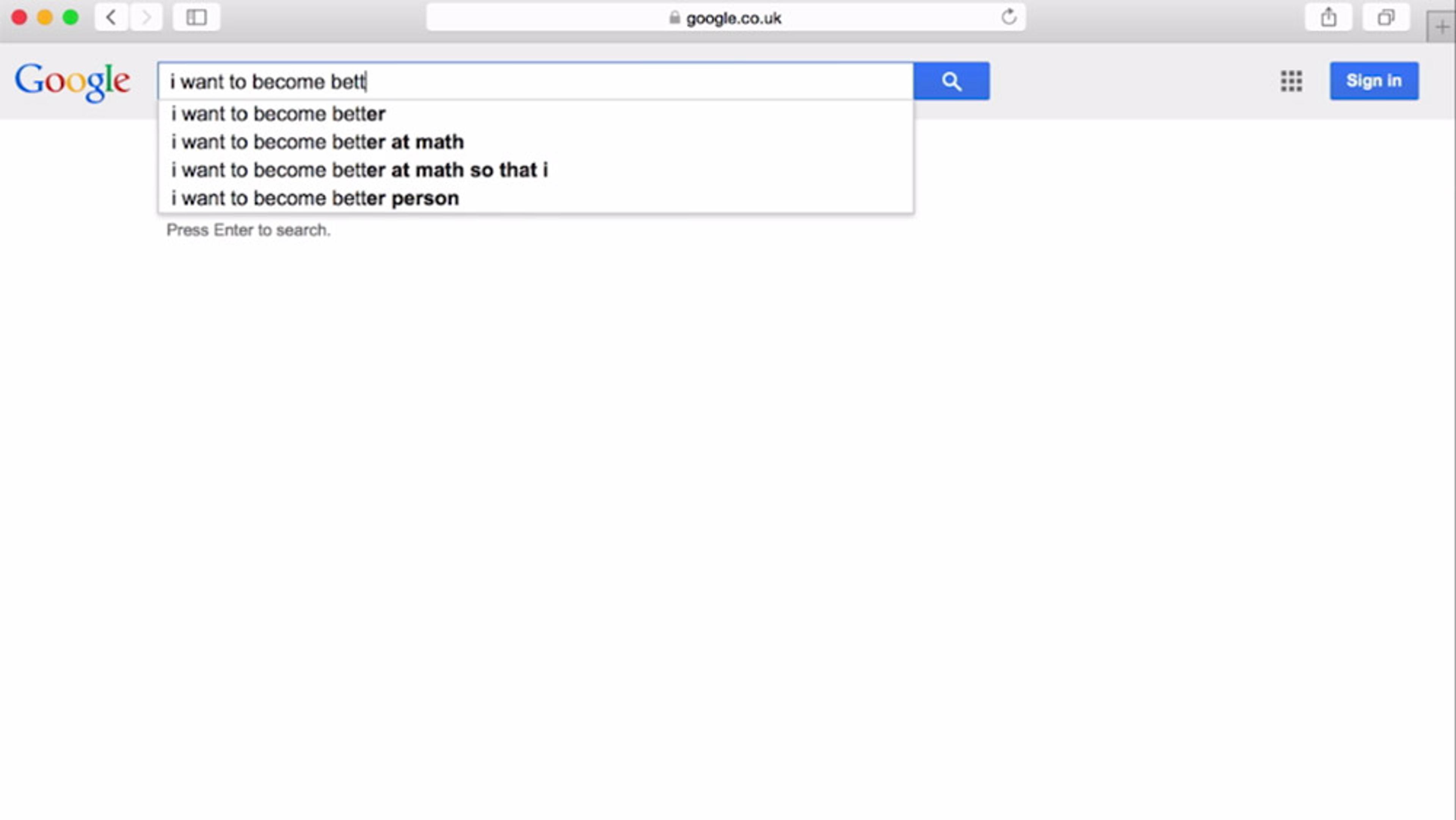
videoTechnology and the self
God used to know our deepest fears, darkest thoughts and greatest hopes. Now Google does
2 minutes
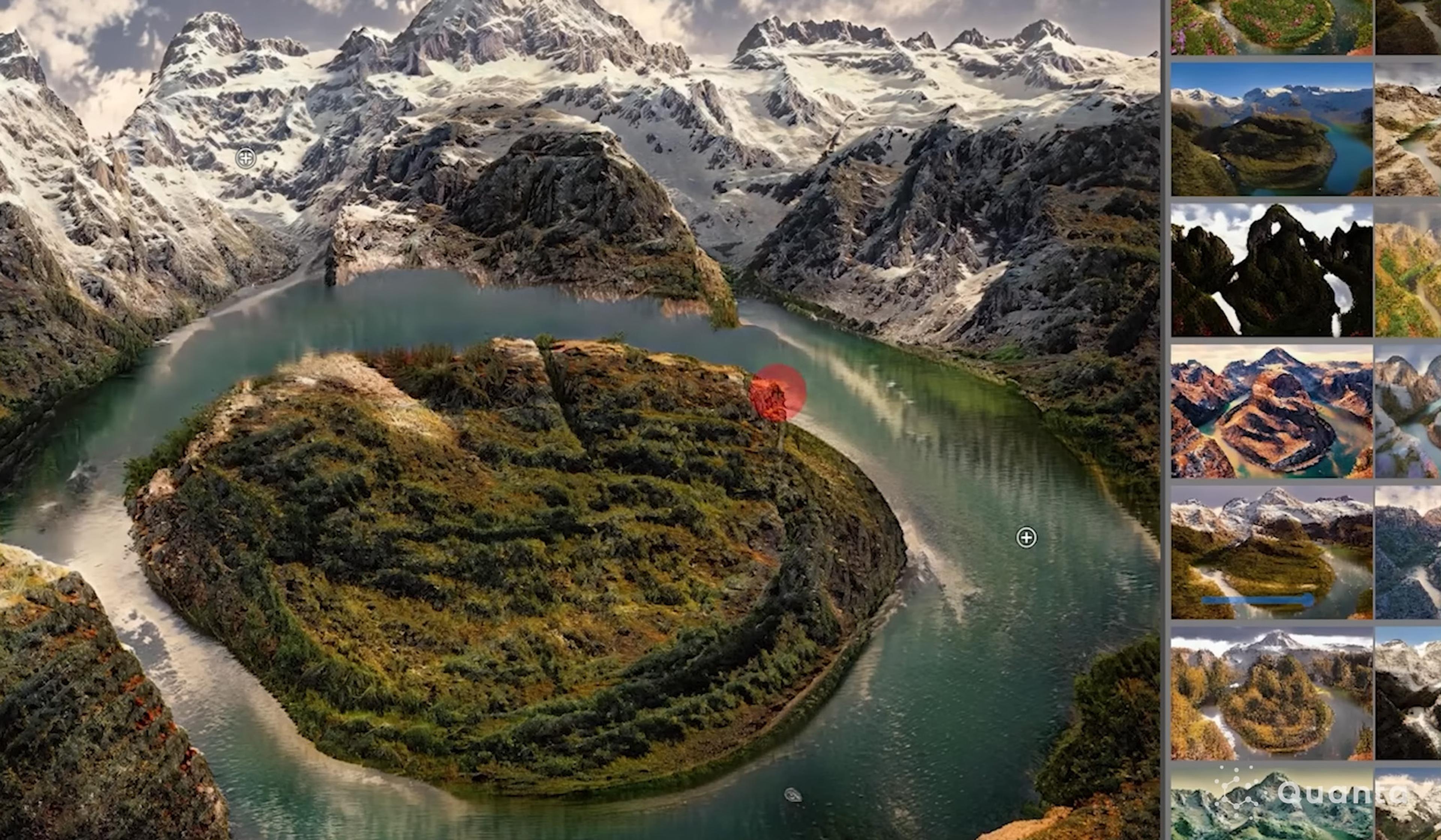
videoComputing and artificial intelligence
A scientist’s poor eyesight helped fuel a revolution in computer ‘vision’
9 minutes
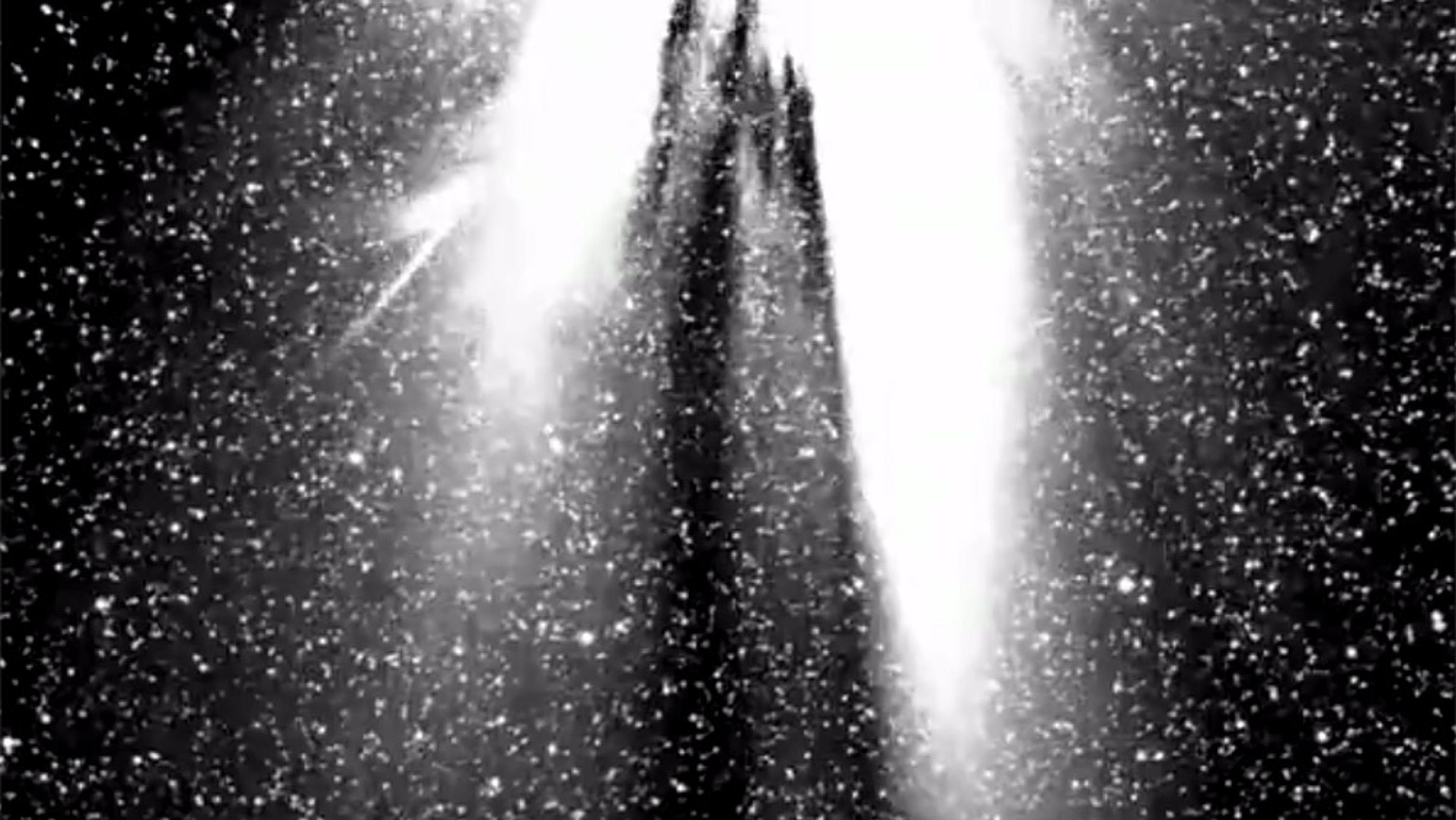
videoAstronomy
Celebrating the rough, the raw and the human in hardcore space science
3 minutes